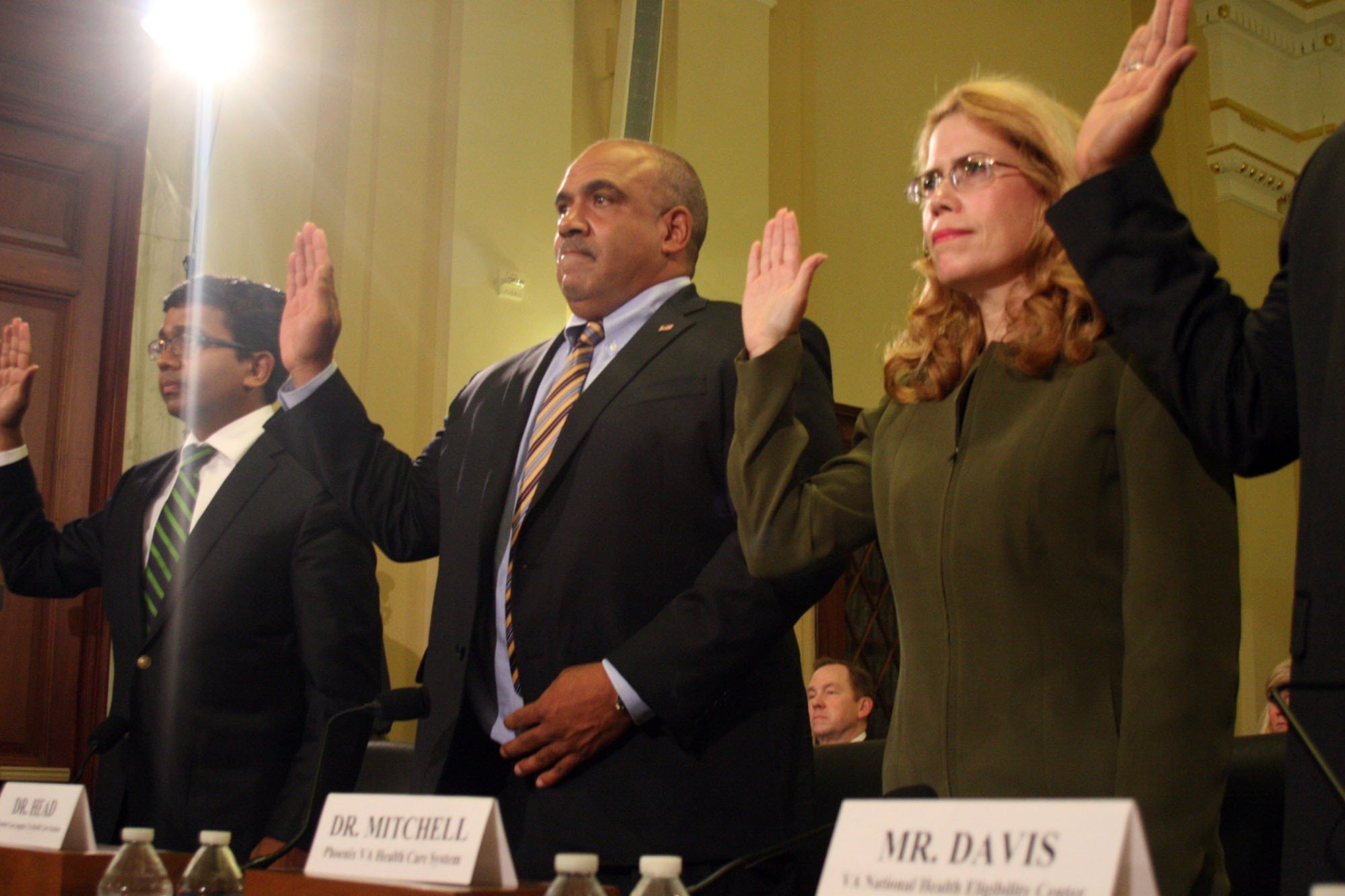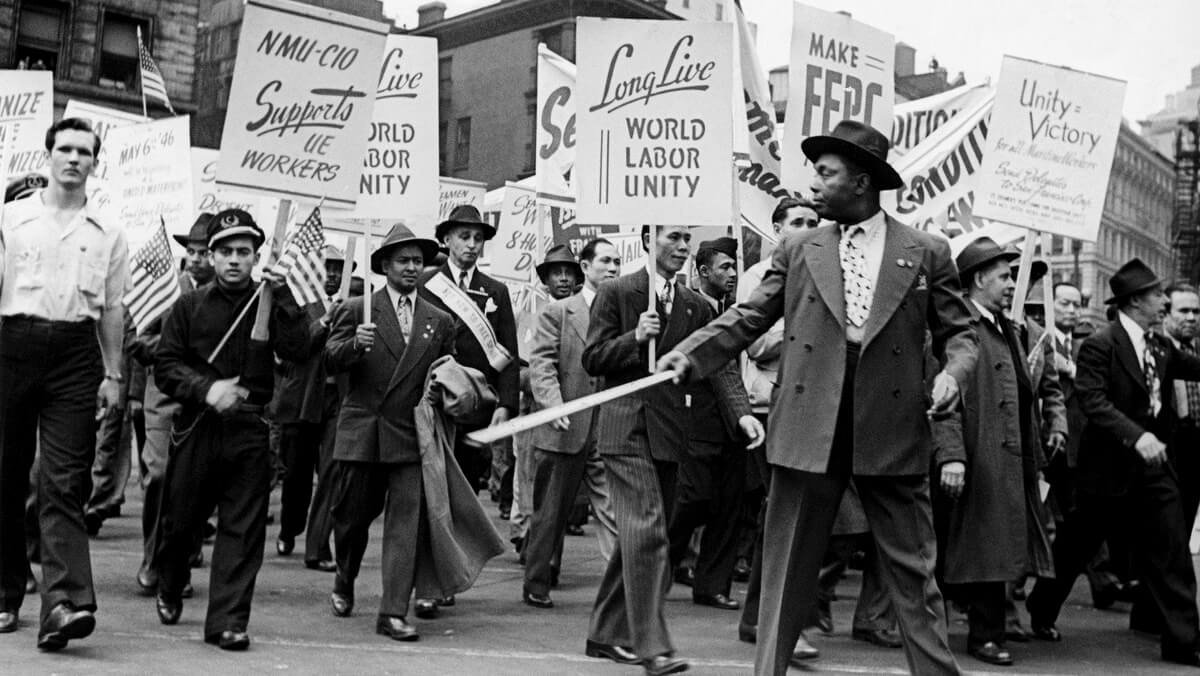
Whistleblower Protections under California and Federal Law
Key Takeaways:
California Labor Code Section 1102.5 protects employees who disclose information about actual or potential violations of state, federal, or even local laws, rules, or regulations by their employers. In most cases, the employee only needs to have a reasonable belief that a law or regulation is being violated.
Retaliation can take many forms, and includes demotions, failures to promote, termination, or other “adverse employment actions.”
A variety of other laws also promote whistleblowers, all of which have their own requirements. Many of these are industry dependent.
Whistleblowers play a crucial role in exposing wrongdoing within organizations, ensuring transparency, and upholding ethical standards. Both California and the federal government have implemented laws to protect employees who report illegal activities or misconduct in the workplace.
One of the most commonly cited laws protecting employees from retaliation in California is California Labor Code Section 1102.5. Here's a general overview of the key provisions of this law:
Protected Activity: Section 1102.5 protects employees who disclose information about actual or potential violations of state, federal, or even local laws, rules, or regulations by their employers. In most cases, the employee only needs to have a reasonable belief that a law or regulation is being violated.
Reporting Channels: Employees can report the misconduct to their supervisors, human resources, government agencies, or law enforcement.
Retaliation Prohibited: Employers are prohibited from retaliating against whistleblowers who report violations. Retaliation is not limited to termination, but includes demotion, harassment, or any other adverse employment actions.
Remedies: If an employer engages in retaliation, the whistleblower can seek remedies such as reinstatement, back pay, damages, and attorney's fees.
Other California laws that include protection from retaliation include the FEHA—which protects employees who engage in conduct such as requesting work accommodations, or who participate as witnesses to discrimination, and the Labor Code—which protects employees who complain of unfair wage practices or working hours.
Federal Whistleblower Protection Laws:
In addition to California Labor Code Section 1102.5, several federal laws protect whistleblowers working in California. These laws include:
Whistleblower Protection Act (WPA): The federal WPA safeguards federal employees who report government misconduct, waste, fraud, or abuse. It prohibits adverse employment actions against whistleblowers.
Sarbanes-Oxley Act (SOX): SOX protects employees of publicly traded companies who report financial and accounting misconduct. It prohibits retaliation and establishes mechanisms for reporting such violations.
Dodd-Frank Wall Street Reform and Consumer Protection Act: Dodd-Frank provides protections for employees in the financial industry who report violations of securities laws. It offers financial incentives and protection against retaliation.
Occupational Safety and Health Administration (OSHA): OSHA administers various whistleblower protection programs covering a wide range of industries, including environmental, safety, and transportation regulations.
False Claims Act (FCA): The FCA allows individuals to report fraud against the federal government. Whistleblowers can receive a portion of the recovered funds and are protected from retaliation.
It's essential for employees to understand their rights under both state and federal laws, as they may vary based on the specific circumstances of the case. If you believe you have witnessed unlawful activities in your workplace, it is crucial to familiarize yourself with these laws and consider seeking legal counsel to protect your rights as a whistleblower.
